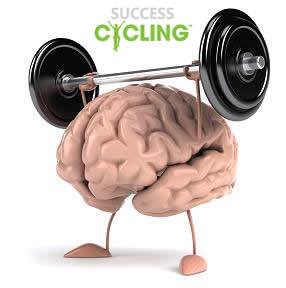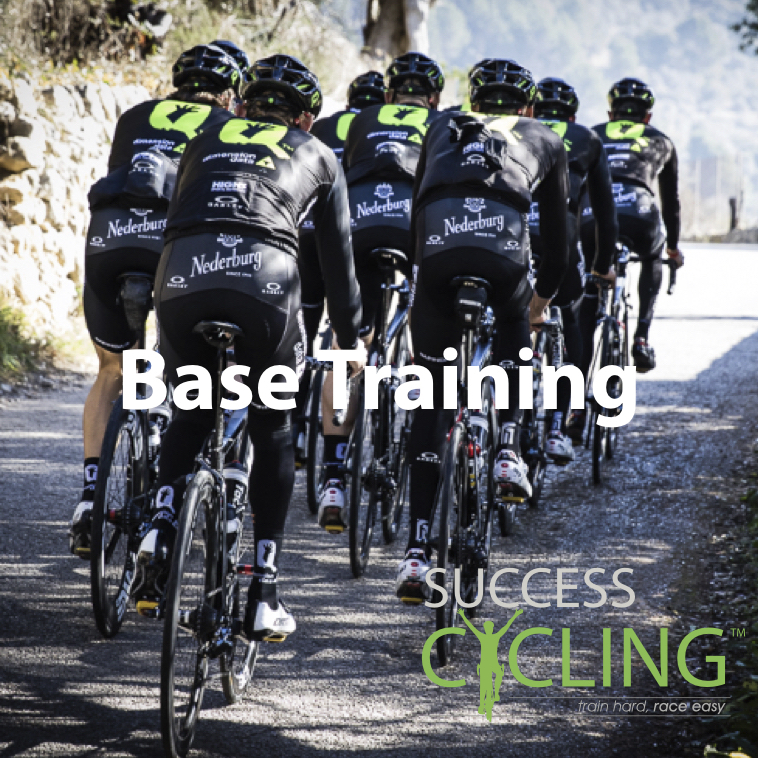Think yourself fitter – Power of the mind
- August 11, 2015
- Success Coach
- Inspirational
- 2 Comments

One of the most important areas of sports training is the mental and emotional approach. Too many athletes of all levels neglect the importance of training their mind. Very often it is the lack of understanding of what mental-strength training really is that prevents people from reaching their true potential.
Mental-strength training, like any other form of training, requires self-belief and commitment to get results. However, the results can be astonishing, and they can change not just your athletic ability, but your whole being for good.
Just ask yourself how much time you devote to training your body and how much time you devote to training your mind. Your body and mind are a single system, and in order to have a perfect balance, both mind and body need to be trained. A system is only as strong as its weakest link, so if your mind gives in, your body will follow straight after, even if you could physically carry on for much longer. In competitions where cyclists are equally trained at a physiological level, it is always the mentally stronger that win.
Everyone can become mentally strong. But you need to understand first what we mean by mentally strong.
Mental strength has been defined in many different ways, however two definitions that are particularly interesting are ‘the ability to expect the unexpected’ and ‘the ability to channel our energy in the present where we are more likely to need it’.
With physical training you need to be specific in order to achieve results. What is it that you need to train? Speed? Endurance? Strength? Flexibility? Mental training is exactly the same. What is it that you need to train? Motivation? Self-confidence? Dealing with anxiety? Focus? In order to be effective, a good mental-training programme needs to be specific and to follow the three steps to towards success process. The three steps are: understanding, identifying and solving. First you need to be specific and understand what it is that you want and need to improve. For example, you might decide that you want to improve your level of concentration when training. This first step is vital as it can either freeze or propel your motivation. How many times do you see people striving to improve and then giving up shortly after? That is why it is so important to be specific and selective when you decide to train your mind. If you say ”I want to improve my mental strength” although your identify an issue, you might be overwhelmed, as the task would be too big and very vague. On the other hand if you say ” I want to improve my level of focus when training” you have a great starting point for an effective training programme. Remember the more specific you are, the better your results will be. Once you understand what you want to improve, you now need to identify a particular time when training when you want to improve your focus. For example, it might be during hard intervals. The third and final point of the process is to solve the issue through simple, practical and effective mental-strength training sessions. Results can only, and will only, be achieved by people that are really open and committed to change and to self-development. You don’t need to be a champion, but you do need to have belief in what you do and in what you can achieve. In my experience this is very often more than you can imagine. Mental-strength training cannot make you a champion, but it can be a big piece of the puzzle to make you become the best you can be. No results will be achieved unless you are really committed to your self-development, and are flexible enough to accept different ways of thinking.
Negative thoughts are one of the biggest contributors to performance anxiety and can even lead to incorrect decisions during the race. More often than not, for amateur athletes, the race has been lost before you have even started, all because of the negative messages you are sending to yourself. ”my legs don’t feel great today” or ”i didn’t get a good nights sleep” are just a few examples of talking yourself out of it. These thoughts need to be turned around. ”I have a good feeling about today” or ”I’m up for this race, no matter what’s thrown in front of me” are simple statements that have a big impact. Especially if repeated. Research has indicated that those who continually practise positive self-talk will improve their performance.
Leave a Comment cancel
This site uses Akismet to reduce spam. Learn how your comment data is processed.







Interesting though positive focus is always much easier to talk about and conceptualise than achieve on the road. Wise advice though that while it can’t make you a champion in itself, the right mental approach can contribute to making you the best you can be. There’s no doubt how crucial it is to maintain the sweet spot of that positive concentration which acknowledges but then dismisses the doubts and negatives we all have. It’s the zone to aim towards, though frustratingly, it’s not achievable through good words and sound advice or even cool determination. It’s a mindset that has to be created if it isn’t innate….and for anyone but a champion, it needs to be developed. Not enough attention is paid to it – for very understandable reasons – but it is one of the keys to success.
Without a doubt my biggest failing! Good reading.